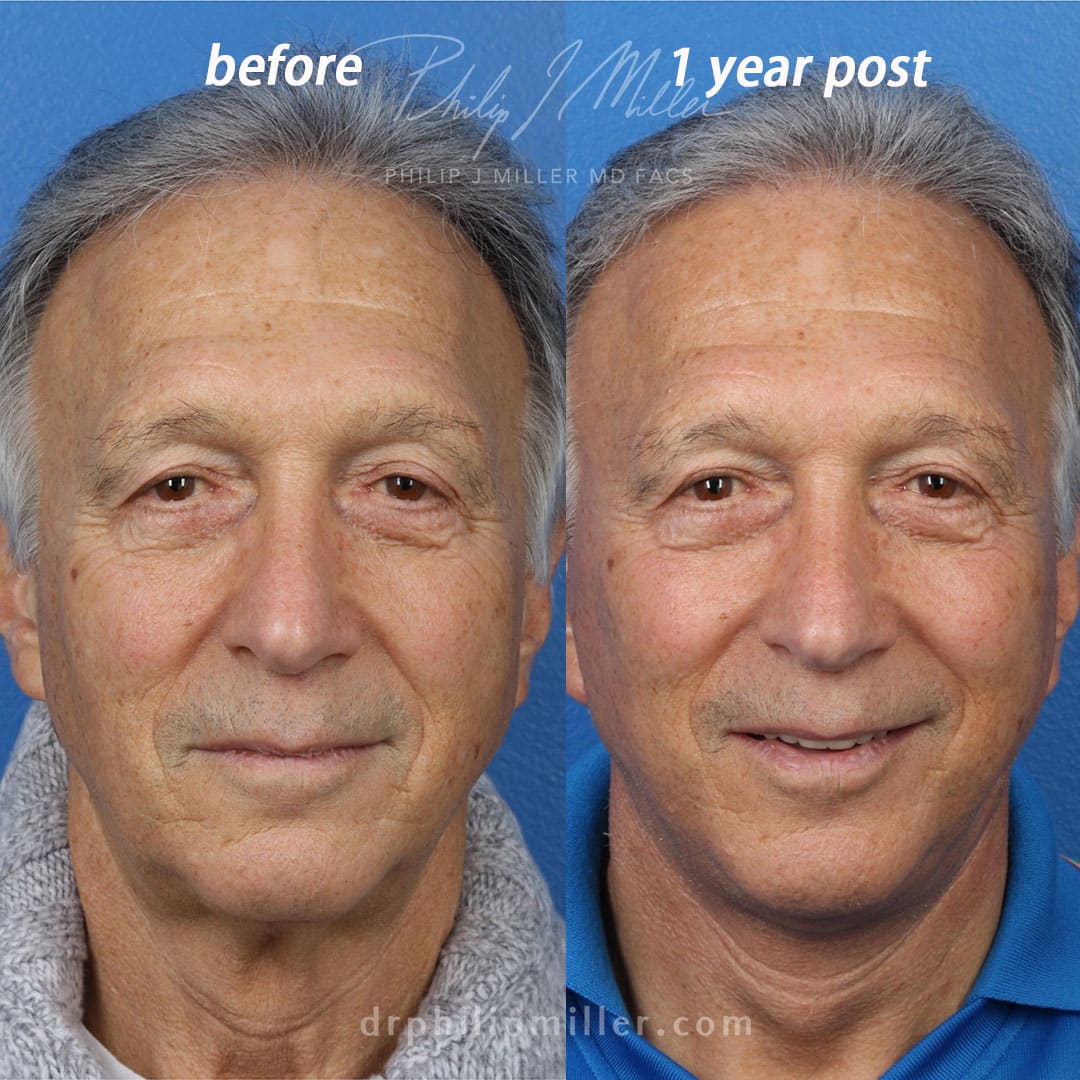Mommy Makeover Rancho Cucamonga: Recover Your Vibrant Number with Specialist Treatments
Mommy Makeover Rancho Cucamonga: Recover Your Vibrant Number with Specialist Treatments
Blog Article
Investigating the Psychological and Social Aspects That Drive Individuals to Consider Plastic Surgery as a Means of Improvement
The decision to go after cosmetic surgery often extends past simple aesthetic appeals, intertwining with emotional and social dynamics that warrant thorough examination. Variables such as self-confidence, pervasive societal charm criteria, and the pervasive impact of social networks converge to shape specific motivations for medical enhancement. As these impacts end up being increasingly famous, recognizing the underlying psychological and cultural contexts is important. What stays to be checked out is the profound impact these factors have not just on individuality however likewise on broader societal standards and values surrounding appeal and acceptance.
The Role of Self-Esteem
Self-confidence substantially influences a person's decision to pursue plastic surgery. People with reduced self-confidence typically view themselves in an adverse light, leading to sensations of inadequacy regarding their physical look. This adverse self-perception can drive them to look for surgical interventions as an approach of boosting their self-image. The desire for renovation in one's appearance is regularly connected to an idea that such changes will elevate their general self-respect and self-confidence.

Inevitably, the role of self-worth in the decision-making process pertaining to cosmetic surgery highlights the complex interaction in between body picture, individual complete satisfaction, and psychological health. Comprehending this connection is essential for health care specialists to ensure that individuals are making educated decisions rooted in reasonable assumptions and psychological health.
Social Charm Criteria
Influenced by pervasive media portrayals and social stories, social charm requirements play a critical role in shaping people' understandings of their very own bodies. These criteria are commonly identified by an idealized type of elegance that highlights attributes such as youthfulness, slimness, and balance. As these ideals are bolstered via numerous channels, consisting of marketing, television, and movie, people frequently internalize these messages, causing frustration with their all-natural look.
The implications of these social norms extend past visual choices; they can impact self-confidence, mental wellness, and interpersonal connections. People that view themselves as falling brief of these criteria might experience sensations of inadequacy, motivating a wish for plastic surgery as a way of achieving societal authorization. This pursuit is commonly sustained by the idea that adhering to these perfects will certainly boost not just physical look yet additionally social standing and personal gratification.

Influence of Social Media Site
The effect of societal charm standards is more enhanced by the surge of social media sites systems, where curated images and idyllic depictions of appeal are ubiquitous. Individuals are constantly exposed to filteringed system and modified photos, which frequently depict unattainable physical features. This direct read here exposure grows a culture of contrast, leading people to analyze their very own look against these often impractical benchmarks.
Social network influencers and celebs often promote cosmetic treatments, normalizing the idea that medical enhancements are a feasible methods for attaining social perfects (plastic surgery rancho cucamonga). The presence of these enhancements can produce an understanding that going through plastic surgery is a common practice, therefore influencing people to consider similar interventions as a path to improved self-esteem and social approval
In addition, the interactive nature of social media sites permits instant feedback with likes and remarks, better enhancing the wish to comply with prominent charm criteria. Such communications can intensify feelings of inadequacy and drive individuals towards plastic surgery as a means of acquiring validation. Eventually, social media sites plays a critical role in shaping perceptions of beauty, which substantially affects the decision-making processes bordering plastic surgery.
Social Perspectives on Look
Throughout numerous cultures, understandings of look are deeply rooted in historical, social, and financial contexts, shaping individuals' sights on charm and charm. In lots of cultures, look works as a considerable marker of identification, influencing social standing, professional possibilities, and personal partnerships. For instance, in some societies, light skin is often connected with wealth and privilege, while others might glorify darker skin tones as icons of stamina and authenticity.
Additionally, typical appeal requirements are frequently continued via social narratives, media depictions, and family influences, bring about differing ideals across different areas (plastic surgery rancho cucamonga). In Western cultures, the focus on young people and physical conditioning commonly drives individuals towards aesthetic improvement, while in particular Eastern cultures, more refined changes lined up with traditional visual appeals might be preferred
Globalization and the proliferation of electronic media have further made complex these dynamics, creating a hybridization of elegance suitables that goes beyond geographical boundaries. As individuals progressively browse these cultural stories, the stress to adjust to particular look standards can cause the wish for cosmetic surgery, showing an intricate interplay of cultural values and individual desires. Understanding these cultural viewpoints is necessary in addressing the motivations behind plastic surgery factors to consider.
Psychological Impacts of Cosmetic Surgical Procedure
Numerous individuals seeking cosmetic surgical treatment record experiencing extensive mental influences that can considerably change their self-perception and emotional well-being - plastic surgery rancho cucamonga. The wish for physical enhancement commonly originates from underlying issues such as reduced self-confidence, body dysmorphic condition, or her comment is here societal pressures regarding beauty standards. For some, the immediate post-operative phase can result in a short-term boost in self-esteem and fulfillment with their appearance, fostering a feeling of empowerment
Nonetheless, these favorable sensations might not be sustaining. Study indicates that while some patients experience boosted self-esteem, others might encounter elevated anxiety or depression if their expectations are not met. This discrepancy can emerge from unrealistic ideals continued by media representation and cultural stories surrounding appeal.
In addition, the mental ramifications of plastic surgery expand beyond the individual. Relationships with family and pals may be stressed as social characteristics change, bring about feelings of seclusion or alienation. Inevitably, the mental effects of plastic surgery are diverse and intricate, needing cautious factor to consider by both potential patients and medical care companies to guarantee enlightened decision-making and practical assumptions.
Conclusion
To conclude, the choice to pursue cosmetic surgical procedure is significantly influenced by a mix of self-worth concerns, societal appeal criteria, and cultural point of views on appearance. The pervasive reach of social media sites further aggravates these stress, advertising impractical ideals that individuals commonly strive to achieve. Recognizing these emotional and social aspects is vital for resolving the inspirations behind plastic surgery, highlighting the demand for an extra nuanced discussion bordering charm and self-acceptance in modern culture.
The choice to seek cosmetic surgical treatment often extends beyond mere looks, intertwining with psychological and social characteristics that warrant detailed evaluation. Ultimately, social media plays a critical function in forming perceptions of beauty, which considerably affects the decision-making processes bordering cosmetic surgical procedure.
As people progressively navigate click here to read these social stories, the stress to adjust to details appearance standards can lead to the wish for cosmetic surgery, reflecting an intricate interaction of social values and personal ambitions.In final thought, the choice to go after cosmetic surgical treatment is dramatically influenced by a mix of self-confidence problems, societal elegance requirements, and cultural viewpoints on appearance. Recognizing these social and psychological factors is vital for dealing with the motivations behind cosmetic surgical procedure, highlighting the requirement for a much more nuanced conversation bordering charm and self-acceptance in modern society.
Report this page